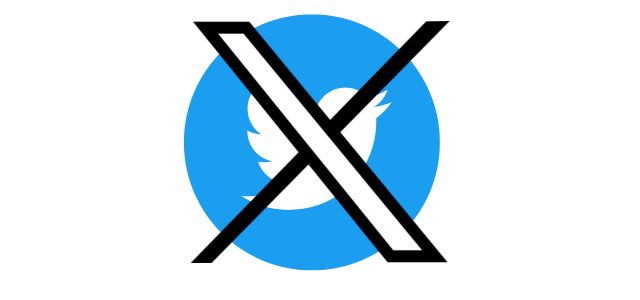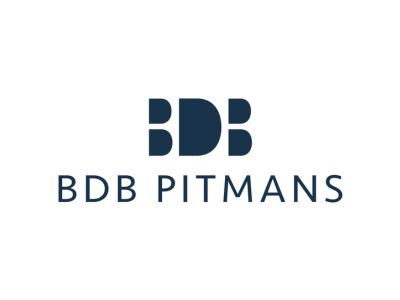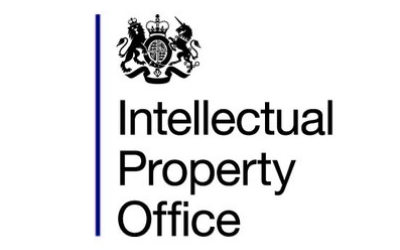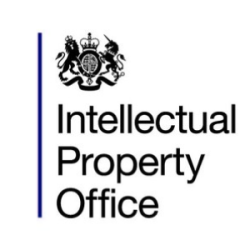We’ve all heard the news by now that Twitter is rebranding to X, and we have seen (and perhaps even taken part in) the buzz around this decision. It has been a few weeks since the announcement, so now that the initial reactions have settled, we would like to consider the key issues that lie ahead from an IP perspective.
Registrability of ‘X’ as a trademark
A search with the US Patent and Trademark Office (USPTO) suggests that there are no applications yet for the X logo in the name of X Corp. or Twitter, Inc. This is unusual, as you would expect a trademark application to be secured before announcing such a big name change.
More importantly, a trademark needs to be distinctive to be registrable. The more distinctive a trademark, the more likely it is to be accepted by the USPTO, and the less likely it is to be successfully opposed by a third party. By contrast, non-distinctive trademarks are either generic or simply descriptive of the goods or services they are being used on. Applications for trademarks that are not distinctive are less likely to be accepted by the USPTO and, even if they are made to look more distinctive (for example, by integrating them into figurative form), they are still likely to be opposed if a third party has a prior right for a similar mark.
There may be a wave of trademark infringement claims on the horizon
A search for the trademark ‘X’ on the USPTO website yields 34,243 results for either ‘X’ registered on its own or in conjunction with another word.
As there are so many prior trademark registrations with ‘X’, there may be numerous trademark oppositions and/or infringement claims in store for X Corp. We have not trawled through all 34,000 registrations, but we have seen that some of these are in the same classes of services. During the publication stage of any trademark application, third parties will be informed of the application, and they are likely to oppose it if they own a similar mark for similar services. Incidentally, the owners of earlier registrations range from unknown entities to big names such as Microsoft and Meta.
To successfully overcome any opposition, X Corp. will need to consider options such as buying the earlier trademark in question or entering into coexistence arrangements with the opponent. In the latter case, it is likely that use of the ‘X’ trademark will be restricted to a very narrow list of goods and/or services, depending on how many potential opponents X Corp. has to enter into negotiations with. Other third parties might bypass these negotiations entirely and sue for damages or an account of profits.
There is also the proposal for X to be an ‘everything app’, similar to the Chinese platform WeChat, meaning it is going to be more than just a social media platform. The aim is for X to cover anything a person wants to do online, such as listen to podcasts, shop, transfer money, etc. This casts an even wider net on the categories of third parties with ‘X’ trademarks who would potentially look to bring opposition or infringement claims against X Corp.
There is significant goodwill in the Twitter name and logo
We have all become accustomed to the name ‘Twitter’, the iconic blue bird logo and even the term ‘tweet’. These were distinctive ways to describe the service being offered by the platform and they amassed a significant amount of goodwill.
With the brand pivot and goal to become an ‘everything app’, there is no guarantee that this goodwill and reputation will automatically transfer to ‘X’. In fact, it may come across as confusing to consumers.
This is not to say that rebrands are impossible. In fact, many well-known brands once went by different names: for example, Facebook became Meta, Cadabra became Amazon and Blue Ribbon Sports became Nike. The common factors, however, are that these companies had a clear vision for how to evolve their brands and they chose trademarks which were distinctive and would instantly set them apart from others. It remains to be seen if X Corp. is able to transition smoothly; no doubt there will be many more tweets (or x’s) about this topic!

Written by Alexia Elassadi
Senior Associate, BDB Pitmans.
You may also like…
ANI v. OpenAI: copyright infringement suit to redefine AI laws in India
Recently, Asian News International (ANI), a renowned news agency, has filed a copyright infringement suit against the...
New USPTO trademark fee structure effective January 18, 2025
The United States Patent and Trademark Office (USPTO) has announced significant changes to its trademark fee schedule....
UK amends international trademark rules to allow partial replacement
The UK has updated its trademark legislation to allow for the partial replacement of domestic trademarks with...
Contact us to write for out Newsletter













